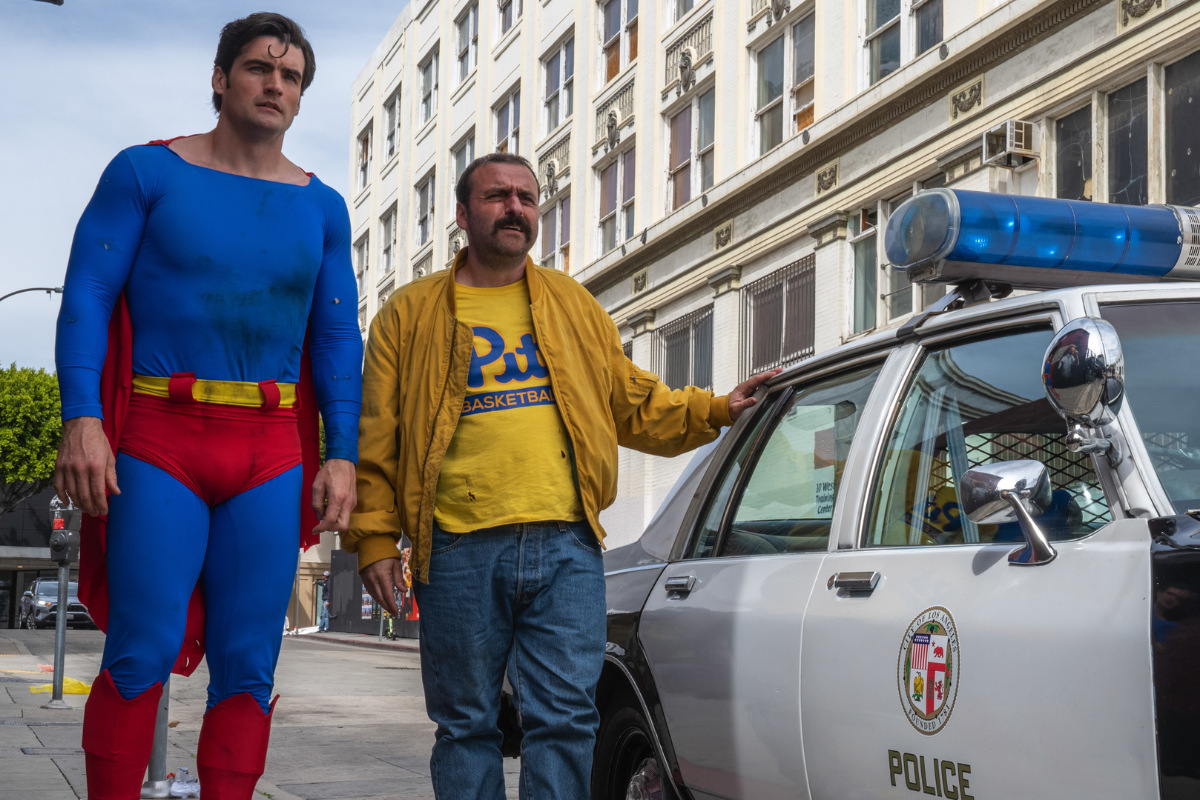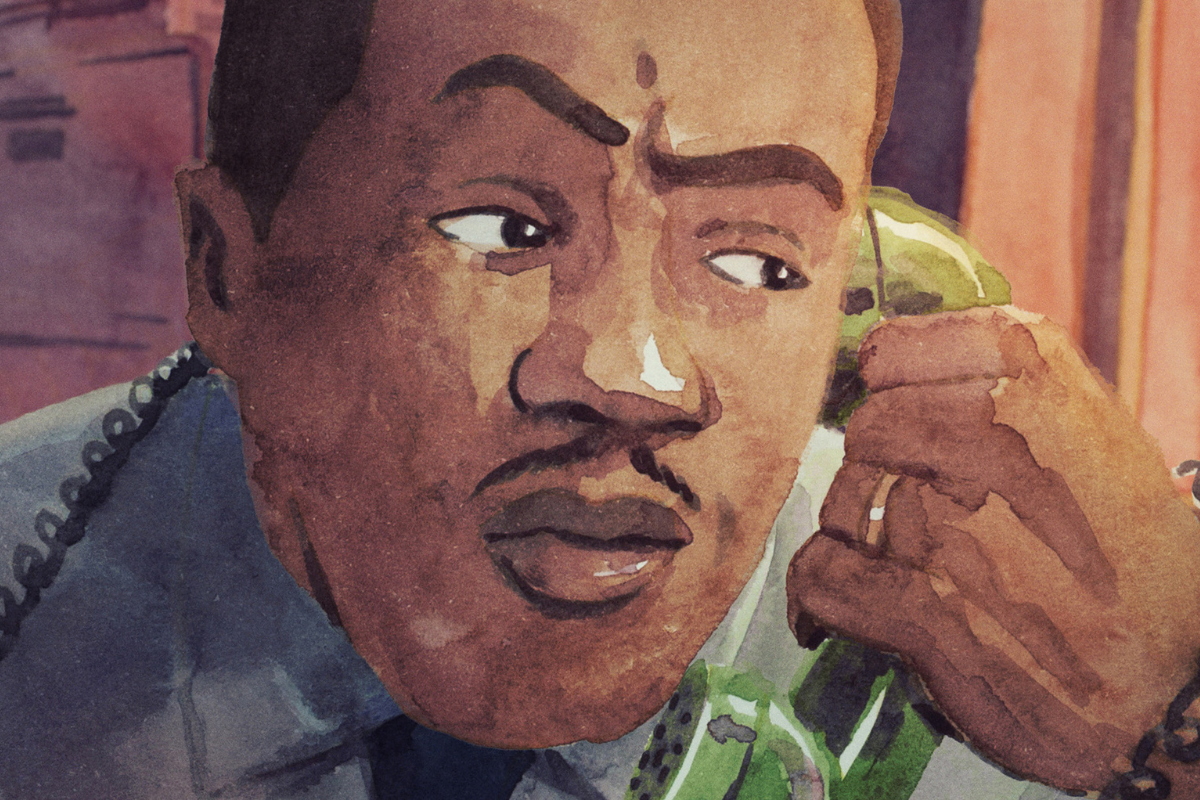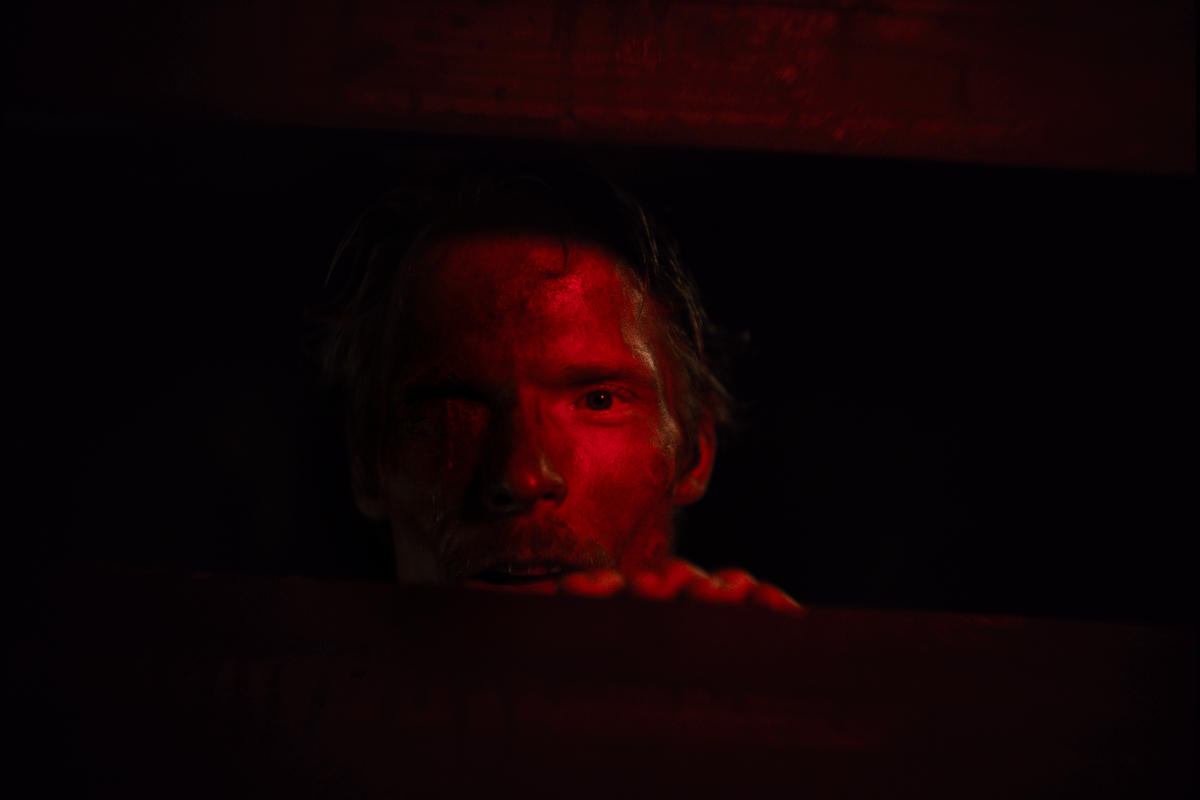INDIE SPOTLIGHT: An Interview with SXSW Short Documentary Film ‘Backstage’ Writer-Director Ada Smyk
‘Backstage’ writer-director Ada Smyk shares with Script about her filmmaking influences, her personal connection to the subject matter, and what type of stories she likes to explore as a filmmaker.
Backstage at the National Opera in Warsaw. Worn hands carve wooden props, bend sheets of metal, dye tonnes of silk. Not a word is spoken. The Kubrick-esque images of the craftspeople speak for themselves.
Backstage is a tribute to the invisible labor of costume makers, upholsterers, dyers, metal workers, shoemakers, wig designers, carpenters, and all the other craftspeople who devote their lives to art but are almost always obscured by the incandescence of the stage.
Ada Smyk was born in 1996 in Lublin, Poland, and is a Polish director and screenwriter working in both documentary and fiction. She’s interested in everything that is extreme, inaccessible, and non-normative. Currently, she's working on her debut feature focused on sexuality, intimacy, and dealing with trauma.
Within this visually captivating 10 minute short documentary, you're immediately transported into the underbelly of the National Opera in Warsaw. Upon landing, the camera focuses on the hands and the craft of the widely undersung creatives. It's a creative life to behold, as every minute detail is not to go unnoticed.
What initially drew you to this idea of shining a lens on the creatives backstage?
Since I was a child, I've participated in scenography and dance workshops organized by the National Opera. I sneaked out and wandered through the multi-level maze of dark corridors, warehouses, and studios. I met muscular dyers throwing tons of silk, locksmiths bending giant steel skeletons...these are one of the most vivid pictures from my childhood.
When you watch young, sleek ballerinas performing on stage, you can get under the illusion that the National Opera is a clean, sterile place. Behind the scenes, however, there is a peculiar, mysterious world: dirty, loud, full of smells, where older representatives of dying professions work to prepare another extravagant spectacle for a sophisticated audience. An audience that will appreciate the orchestra or dancers but probably won't even consider where those amazing decorations or costumes come from.
Were there any specific films or filmmakers that inspired the tone and pacing of this short film?
Workingman’s Death directed by Michael Glawogger and Polish documentaries from the communist era directed by K. Gryczełowska, K. Kieślowski, and M. Łoziński.
What was the overall process from idea conception to execution in filming this short film?
From the beginning, I knew what I wanted to achieve and decided to pitch my project to the amazing filmmakers from Munk Studio (attached to the Polish Filmmakers Association) in Warsaw, i.a. Jerzy Kapuściński. The process was smooth and creative.
I recall upon our first meeting at SXSW, you had mentioned you do not have any formal training or background in filmmaking – what inspired you to shift gears in becoming a filmmaker, and what has this new filmmaking journey been like for you?
I always loved cinema and spent thousands of hours watching movies. I remember watching Blue Velvet by David Lynch at the age of 11 being completely hooked on it. I started to look at things differently: paying attention to details, images, sounds, peeking at my neighbors, imagining creepy stories that could be taking place in their houses. While playing with my sister I was always trying to make up the most interesting backgrounds for our lego toys, cars and dolls. When I decided I wanted to be a filmmaker, the decision seemed pretty natural.
What do you hope viewers take away from watching Backstage?
Backstage is a tribute to the invisible labor of art workers without whom no opera, no theatre spectacle, and for that matter, no movie would be possible. I hope viewers will not only jump into the backstage of the National Opera in Warsaw and get lost in it but will also learn to appreciate the work of those who are usually overshadowed by actors, directors, DOPs, and screenwriters.
The film is going to be screened at the upcoming Hot Docs film festival in Toronto. I warmly encourage all the participants to go see it!
What kind of stories or themes are you excited to explore as a writer-director next, if any?
I wonder what bothers me the most and keeps me awake, gives me nightmares. I share it with my relatives and ask them what they think about it without revealing too many details. Then I start working. I'm looking for a hero of our time among ordinary people. I believe that you can find something extraordinary in every person.
And right now I’m working on my debut narrative feature that will focus on themes such as intimacy, sexuality, fetishism, and dealing with trauma. It’s based on personal experience. I’m co-writing it with Krzysztof Pacewicz.







